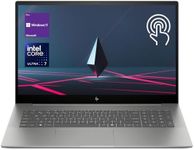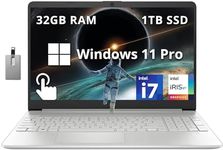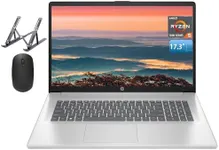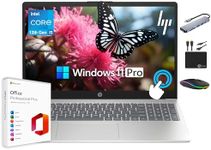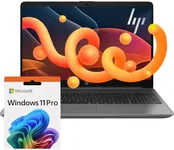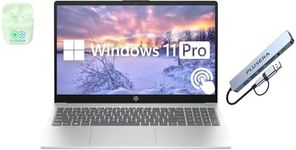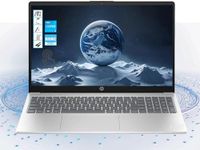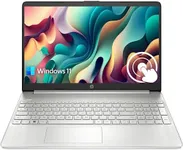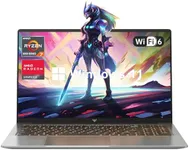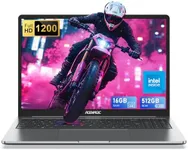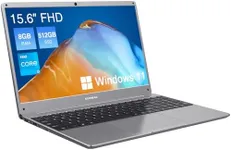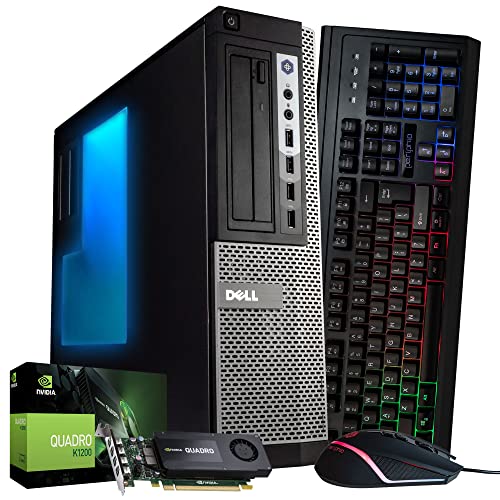Buying Guide for the Best Hp Laptop For Photo Editing
When choosing an HP laptop for photo editing, it's important to consider several key specifications to ensure that the laptop can handle the demands of photo editing software and provide a smooth and efficient workflow. Photo editing requires a combination of powerful hardware and high-quality display features. Here are the key specs you should focus on and how to choose the best fit for your needs.Processor (CPU)The processor, or CPU, is the brain of your laptop and is crucial for handling the complex tasks involved in photo editing. A powerful CPU will ensure that your editing software runs smoothly and can handle large files without lag. For photo editing, look for at least a quad-core processor. Intel Core i5 or i7, or AMD Ryzen 5 or 7 are good choices. If you work with very large files or use advanced editing techniques, consider a higher-end processor like Intel Core i9 or AMD Ryzen 9.
RAMRAM (Random Access Memory) is important for multitasking and handling large files. More RAM allows your laptop to work with larger images and run multiple applications simultaneously without slowing down. For photo editing, a minimum of 8GB of RAM is recommended, but 16GB or more is ideal for a smoother experience, especially if you work with high-resolution images or use multiple programs at once.
StorageStorage determines how much data you can keep on your laptop. For photo editing, you need fast and ample storage to store your images and software. Solid State Drives (SSDs) are much faster than traditional Hard Disk Drives (HDDs) and can significantly speed up your workflow. Look for at least 256GB of SSD storage, but 512GB or 1TB is better if you have a large library of photos. Some laptops offer a combination of SSD and HDD, which can provide a balance of speed and storage capacity.
Graphics Card (GPU)A dedicated graphics card (GPU) can greatly enhance the performance of photo editing software, especially when working with high-resolution images or using features like 3D rendering. While integrated graphics can handle basic tasks, a dedicated GPU like NVIDIA GeForce or AMD Radeon is recommended for more intensive editing. For most photo editors, a mid-range GPU will suffice, but if you do a lot of 3D work or video editing, consider a higher-end GPU.
DisplayThe display is one of the most important aspects of a laptop for photo editing. A high-resolution screen (at least Full HD, 1920x1080) is essential for seeing fine details in your images. A higher resolution, like 4K, is even better. Additionally, look for a display with good color accuracy and coverage of color spaces like sRGB or Adobe RGB. An IPS panel is preferred for better color consistency and viewing angles. A larger screen size, such as 15 inches or more, can also make editing more comfortable.
Color AccuracyColor accuracy is crucial for photo editing to ensure that the colors you see on your screen match the final output. Look for a laptop with a display that covers a wide color gamut, such as 100% sRGB or a high percentage of Adobe RGB. Some laptops come with factory-calibrated displays, which can save you the hassle of calibrating the screen yourself. If color accuracy is critical for your work, consider investing in a laptop with a high-quality display or using an external monitor with good color accuracy.
PortabilityPortability might be a consideration if you need to edit photos on the go. Lighter and thinner laptops are easier to carry around, but they might compromise on performance or screen size. If you travel frequently, look for a laptop that balances performance with portability, such as a 13-15 inch model that is lightweight but still powerful enough for editing tasks. If you primarily work from a fixed location, a larger and more powerful laptop might be a better choice.
Battery LifeBattery life is important if you plan to edit photos while away from a power source. Photo editing can be demanding on the battery, so look for a laptop with a long battery life. Keep in mind that more powerful components, like high-end CPUs and GPUs, can drain the battery faster. If battery life is a priority, consider a laptop with efficient power management and a larger battery capacity. However, if you mostly work near a power outlet, battery life might be less of a concern.

